May 24, 2025 | 01:16 GMT +7
May 24, 2025 | 01:16 GMT +7
Hotline: 0913.378.918
May 24, 2025 | 01:16 GMT +7
Hotline: 0913.378.918
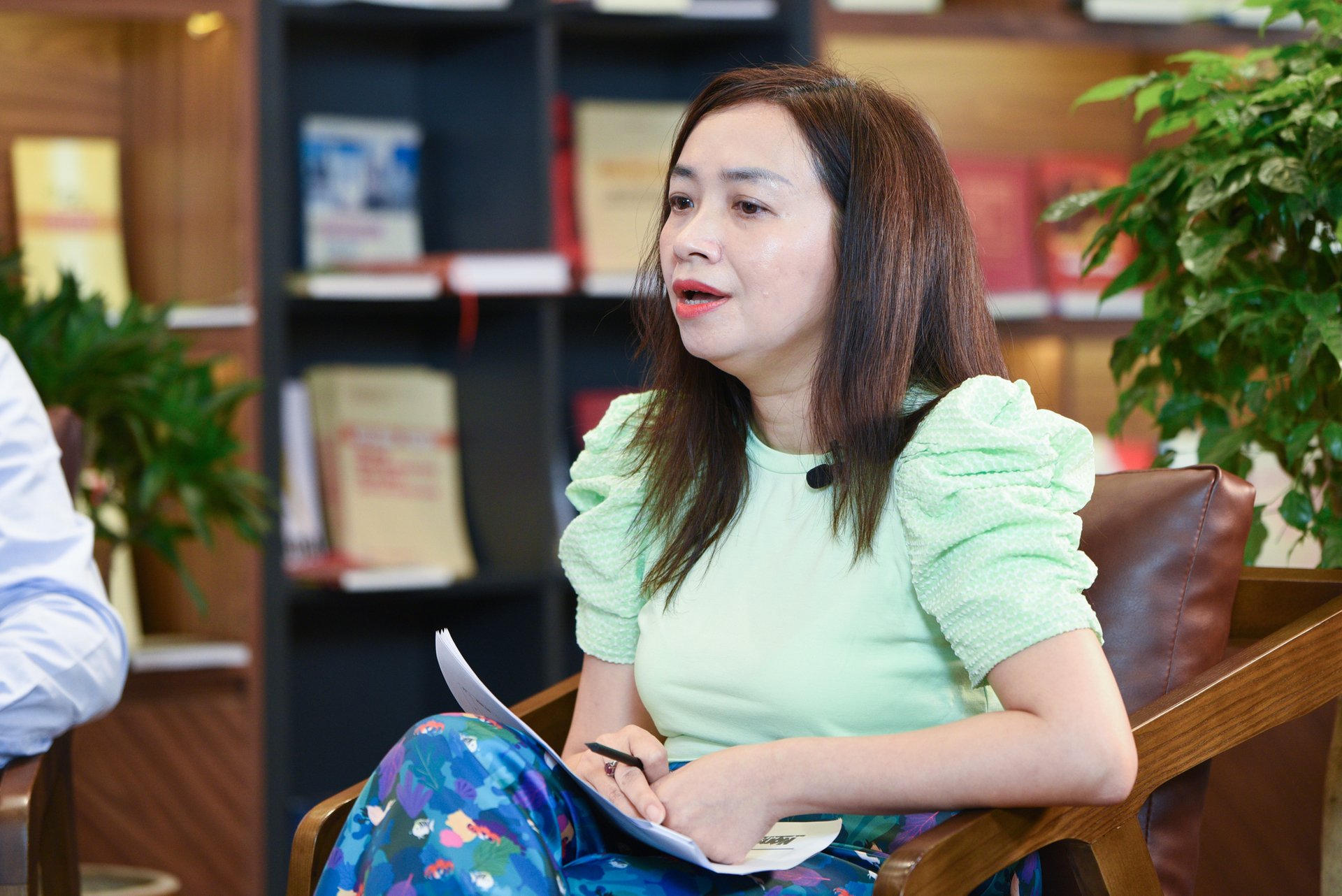
Ms Tran Quynh Chi, Director of the Asian Landscape, Sustainable Trade Initiative (IDH). Photo: Tung Dinh.
On May 16, 2023, the European Parliament passed the European Anti-Deforestation Regulation (EUDR), expected to come into force in December 2024. Among the main export sectors of Vietnam to the EU market, coffee is an agricultural product that will be greatly affected when this regulation is applied.
Reaffirming this issue, Ms. Tran Quynh Chi, Regional Director of the Asian Landscape, Initiative for Sustainable Trade (IDH) emphasized that coffee is one of the sectors most affected by the EUDR globally.
Global coffee producers are mostly small-scale producers and are in developing and undeveloped countries. They are not ready to meet the requirements of the European market in the current short term.
Meanwhile, Europe is the world's largest coffee-importing region, accounting for about 50% of total global coffee production. When the EUDR is applied and comes into effect at the end of 2024, about 12.5% of the world's small households will be affected by this regulation.
The process of helping farmers meet these requirements is also very difficult, but also an opportunity for Vietnam. Currently, this opportunity is open to markets that already meet the basic conditions of the EUDR. For example, the basic conditions contain a low deforestation rate from 2020 onwards or have a forest management system with a good database.
Typically, the Brazilian market will have a great opportunity when the EUDR is officially applied at the end of 2024. Among the remaining countries, the country that acts quickly and decisively will be the winner in the next game of the world market.
“In particular, Vietnam is currently assessed as having a very low rate of deforestation due to coffee production. According to a large European buyer, the rate of deforestation for coffee production in Vietnam accounts for less than 0.1%. Therefore, the possibility that Vietnam does not violate the EUDR is huge. The remaining requirements of the EU need to be met within the next 18 months, "said the IDH representative.
To be able to meet this requirement, the rest of the responsibility lies with local authorities, the Ministry of Agriculture and Rural Development, businesses and especially farmers in continuing to preserve forests. There is a risk that currently the price of Vietnamese coffee in the world market is increasing and farmers will likely clear forests on a small scale to grow coffee.
“So the media needs to help people understand that if they continue to destroy forests, coffee products will not enter the European market and even other markets with similar requirements to the EUDR”, Ms Tran Quynh Chi said.
With his experience, the Director of the Asian Landscape of IDH said that the national database is the first thing that Vietnam must do to be able to export goods. Many businesses have also taken action on their own. For example, Nestlé has built its system to comply with EU market regulations.
However, according to Ms Chi, if each enterprise has such a system, it will push costs very high, and in the end, farmers suffer. Secondly, while foreign businesses have potential, domestic businesses are facing difficulties, unable to invest in the system and export directly to Europe.
“The requirements of the European market for a traceability system to the garden are extremely difficult. It is almost impossible for Vietnam's coffee industry to meet, both in terms of cost and system requirements, "said the representative of IDH.
Therefore, IDH is currently coordinating with a series of domestic businesses to test 3 traceability systems to low-risk, no-risk and high-risk areas. Consequently, solving the problem of costs and sharing information with the EU, considering its necessity in a complex system for the coffee garden.
Vietnam is aiming for sustainable development in both social and environmental terms, without the risk of biodiversity loss, large emissions, deforestation, child labour, or forced labour. This includes building a national database that makes the industry transparent and supports farmers in high-risk areas.
Sustainable production is preparing for the next draft of the world import market. IDH is always ready to accompany the Ministry of Agriculture and Rural Development, businesses and local authorities to prepare well for the next roadmap in meeting the EUDR.
Translated by Hoang Duy
/2025/05/22/5250-1-184853_288.jpg)
(VAN) According to a representative from the Central Retail Vietnam, Vietnamese products such as seafood, sweet potatoes, dragon fruit, coffee, and spices hold great potential in the Thai market.
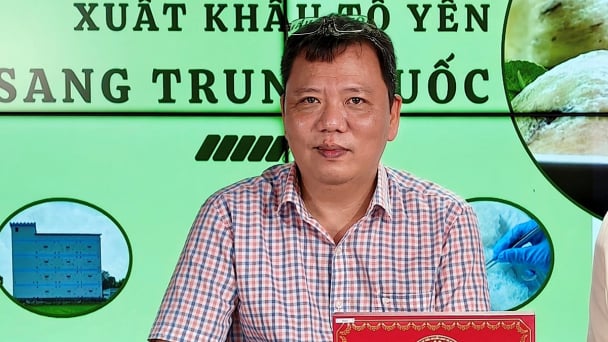
(VAN) A multi-channel, multi-directional strategy only works when the agricultural value chain meets global transparency and SPS standards.
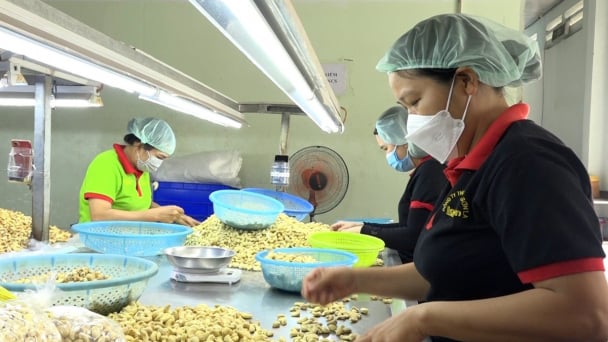
(VAN) Market expansion is a matter of survival for Vietnamese businesses amid fierce competition and global supply chain fluctuations.
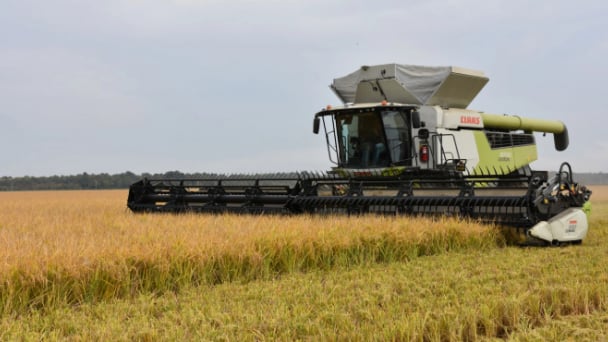
(VAN) Global market prospects for U.S. long-grain rice for the upcoming marketing year.
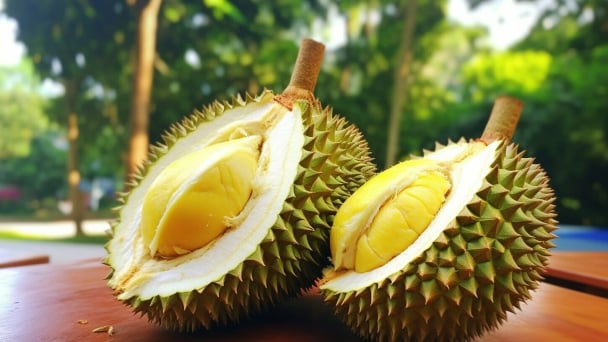
(VAN) China’s General Administration of Customs started permitting fresh durian shipments from Cambodia after a phytosanitary protocol was signed with the Cambodian Ministry of Agriculture in late April.
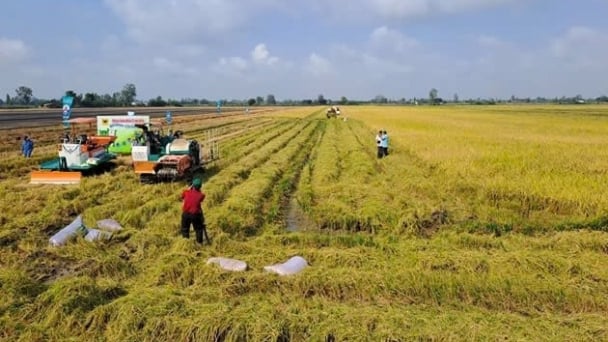
(VAN) To operate carbon market, one of the key issues is determining which types of 'commodities' meet the standards to be traded on the market.
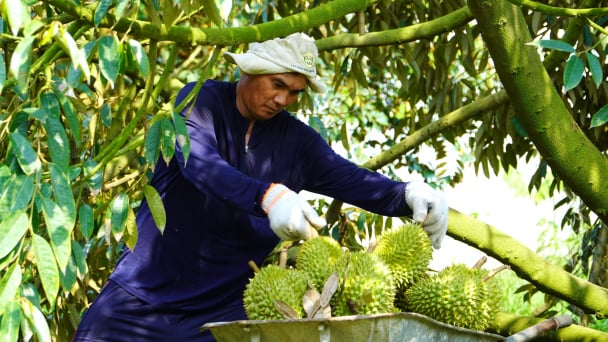
(VAN) Durian-producing localities need to coordinate more effectively with central authorities to improve the traceability, monitoring, and response systems in case of violations.